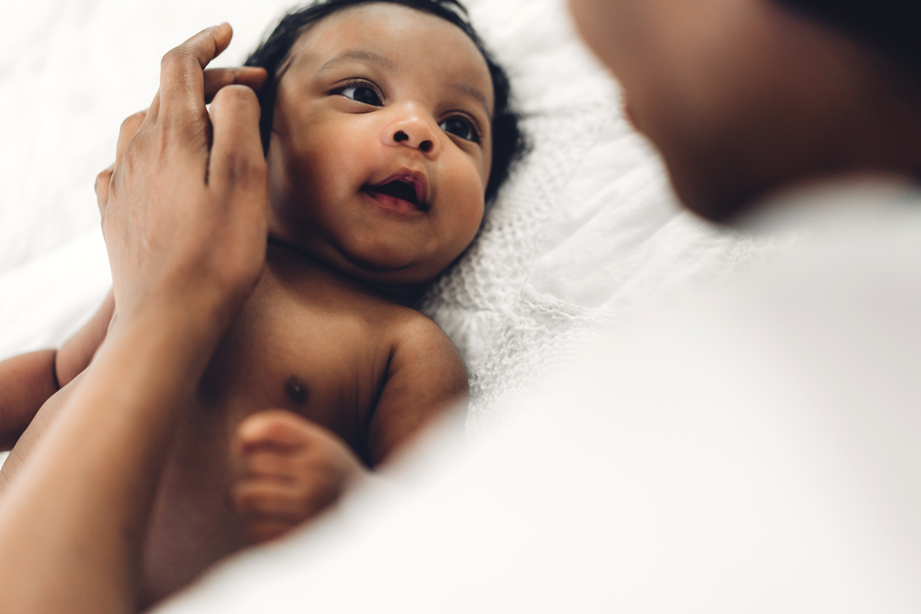The Neuroethics Core: Action- and Solution-Oriented Best Practices
Project Category: Projects – Cycle II
January 5, 2021

Challenge
Persons in research institutions, hospitals and governments make decisions every day that affect the well-being of children with neurodevelopmental disabilities (NDDs). The KBHN Neuroethics Core sought to find ways to help doctors, scientists, policymakers and parents with their ethical decision-making.
Project Summary and
The neuroethics core at Kids Brain Health Network helped people navigate the ethical issues surrounding NDDs by developing best practices. For example, in 2016, they published a framework called ouR-HOPE that doctors can use when they are communicating with parents after a baby is born with a brain injury. It is the job of doctors to tell the parents how the injury might affect the child’s life, and ouR-HOPE provided doctors with general principles for improving these interactions.
Between 2015 and 2019, the neuroethics team also produced guidelines to inform the challenges of transitioning from pediatric healthcare into the adult system and the interpersonal aspects of research involving human subjects with NDDs.
Results
The neuroethics team listened to people with firsthand experience with NDDs as part of their research. Their ability to listen makes it easier to produce results that stakeholders find relevant and want to use. For instance, ouR-HOPE was quickly adopted by the neonatal intensive care unit (NICU) residency training program at the Children’s Hospital of the London Health Science Centre in Ontario.
Funding
This project was part of the larger “Neuroethics Core.” This program was funded a total of $448,170 by the Kids Brain Health Network and $31,456 by participating partners.
Team
Principal Investigators
Judy Illes, University of British Columbia
Eric Racine, Institut de recherches cliniques de Montréal
Key Personnel
Sharmin Hossain, University of British Columbia
Roxanne Caron, Institut de recherches cliniques de Montréal
Partners
Neuroethics Canada
Institut de recherches cliniques de Montréal